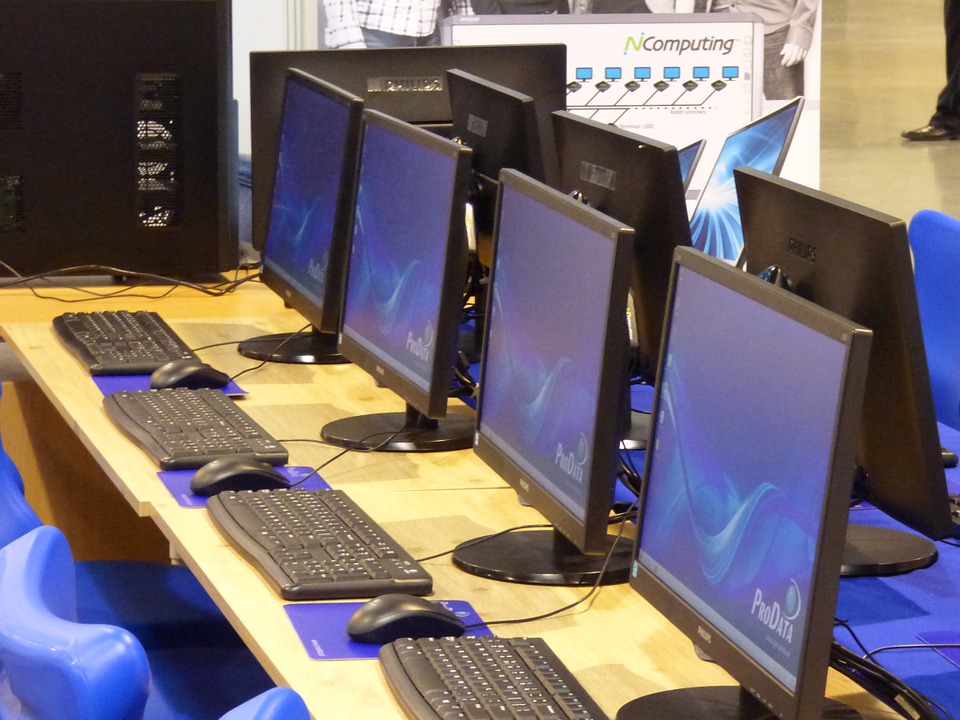Tech
Use IT Confidently: Overcoming Common Issues

Whether you use technology just to browse the internet and catch up with friends, or if you need to use it every day, all day at work, you probably come up against the same issues regularly. From endlessly crashing computers to not being able to connect to the internet, these problems can make you switch off when it comes to IT. However, you shouldn’t feel put off so easily. There are a number of simple, quick ways to deal with common issues – meaning you can carry on with confidence, and not worry that you’re being slowed down by your IT, or unable to use it.
Does your computer always crash?
If your computer crashes a lot, there are a few things you can try doing. Firstly, if any updates are available – run them. Often computers crash when their software isn’t working properly, and running old versions can have a detrimental effect on performance. Secondly, check that it’s sound and in working order. If you’ve treated your PC or laptop roughly – even if accidentally – then you might have knocked important parts about. If you’re worried about internal damage, take it to a computer doctor. The other thing to consider is a failing hard drive. If you notice loud noises too, then it might be time to start saving your work and files externally, in case your hard drive fails.
Do you worry about losing files and documents?
If, like above, your computer can be unreliable and lose your documents, think about storing them in a few places. From online cloud-based platforms to an external hard drive, there’s plenty of ways to do this. Hard drive failure can mean the end of all your personal and work-related documents, so it’s vital to back your files up regularly. Sometimes, depending on the type of laptop or PC you use, the software will automatically back your files up, like Google Drive for example.
Do you struggle connecting to the internet?
If your laptop drops its connection, the first thing to do is restart your router. This is as simple as turning it off and on, with a gap of a few seconds in between. Just remember to warn other internet users before you do this! If this doesn’t kick start it, then try running a troubleshooting program on your device. This will pinpoint whether it’s a fault of the device, or with the router or connection. Then, you can start exploring more in-depth solutions.
Does your computer take a long time to load programs?
There are quite a few causes behind a slow laptop. They might be simple, like not having enough memory left. To check this, open your laptop’s settings, and check the overall memory. This is easy to fix, and you don’t have to delete anything: simply upload old files to the cloud or onto an external hard drive. Or, it might be more complex, such as a failing hard drive. Slow computers can also be caused by running too many programs at once, not having the right updates in place, and sometimes, just because the computer is too old! Once you’ve figured out what the main issue is, you can go about trying to solve it.
-

 Tech11 years ago
Tech11 years agoCreating An e-Commerce Website
-

 Tech11 years ago
Tech11 years agoDesign Template Guidelines For Mobile Apps
-

 Business6 years ago
Business6 years agoWhat Is AdsSupply? A Comprehensive Review
-

 Business10 years ago
Business10 years agoThe Key Types Of Brochure Printing Services
-

 Tech8 years ago
Tech8 years agoWhen To Send Your Bulk Messages?
-

 Tech5 years ago
Tech5 years ago5 Link Building Strategies You Can Apply For Local SEO
-

 Law5 years ago
Law5 years agoHow Can A Divorce Lawyer Help You Get Through Divorce?
-

 Home Improvement6 years ago
Home Improvement6 years agoHоw tо Kеер Antѕ Out оf Yоur Kitсhеn































